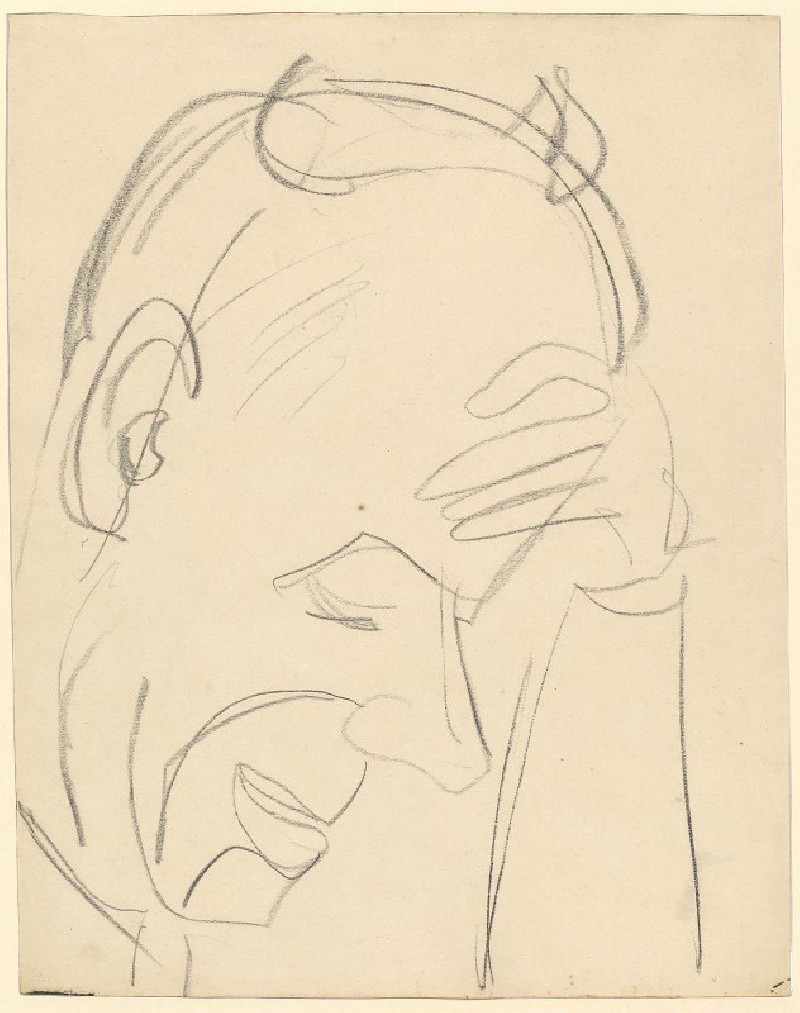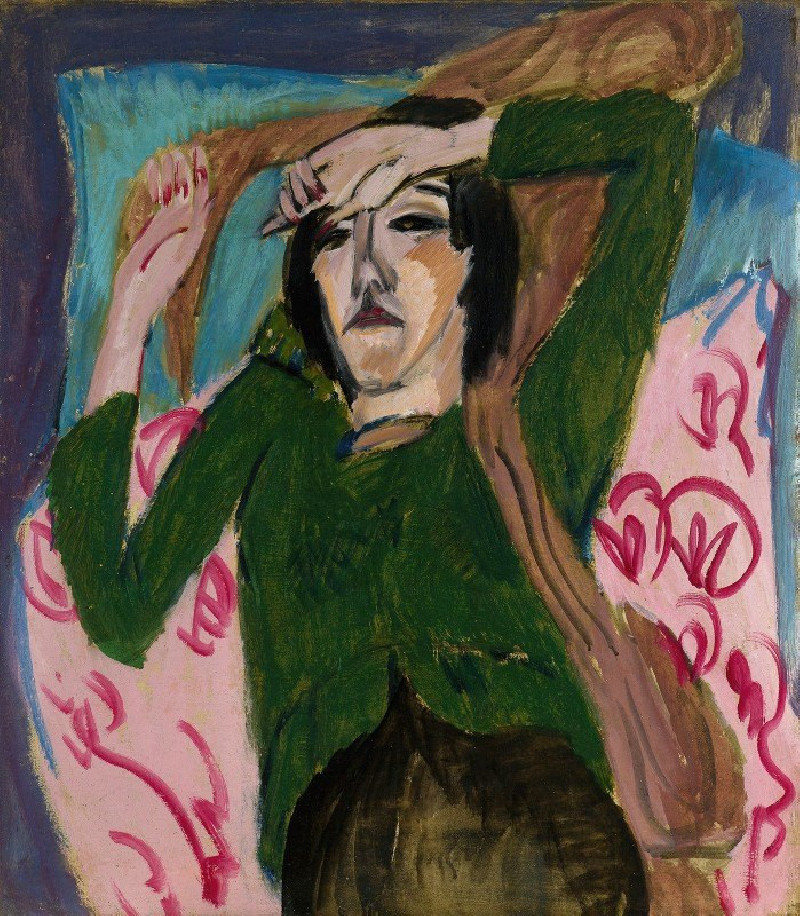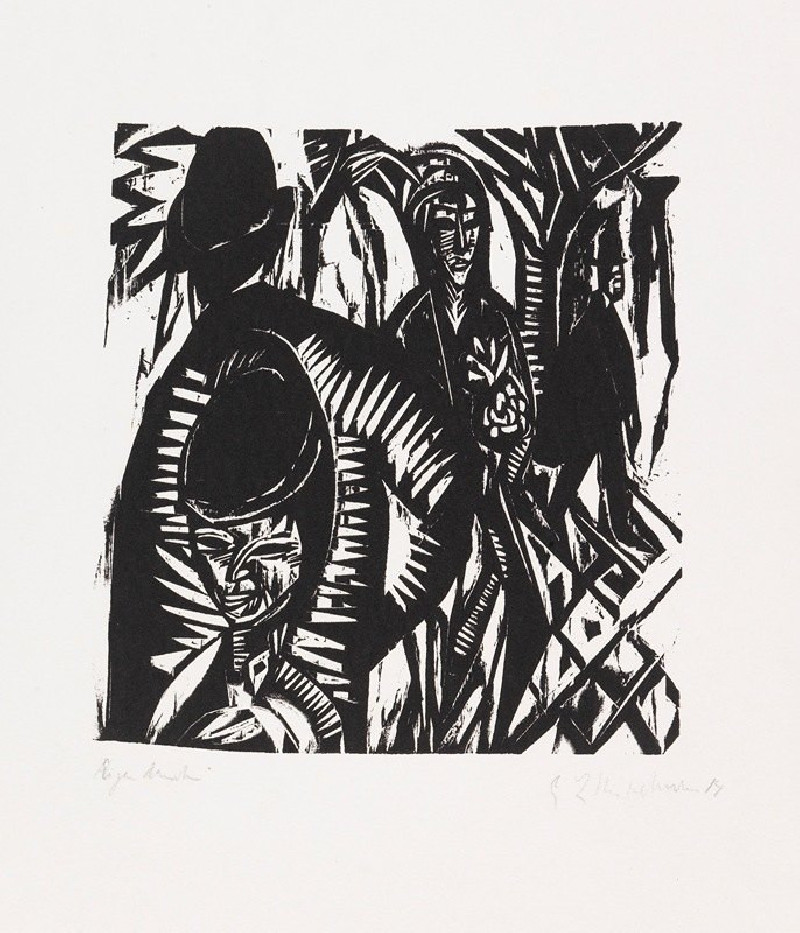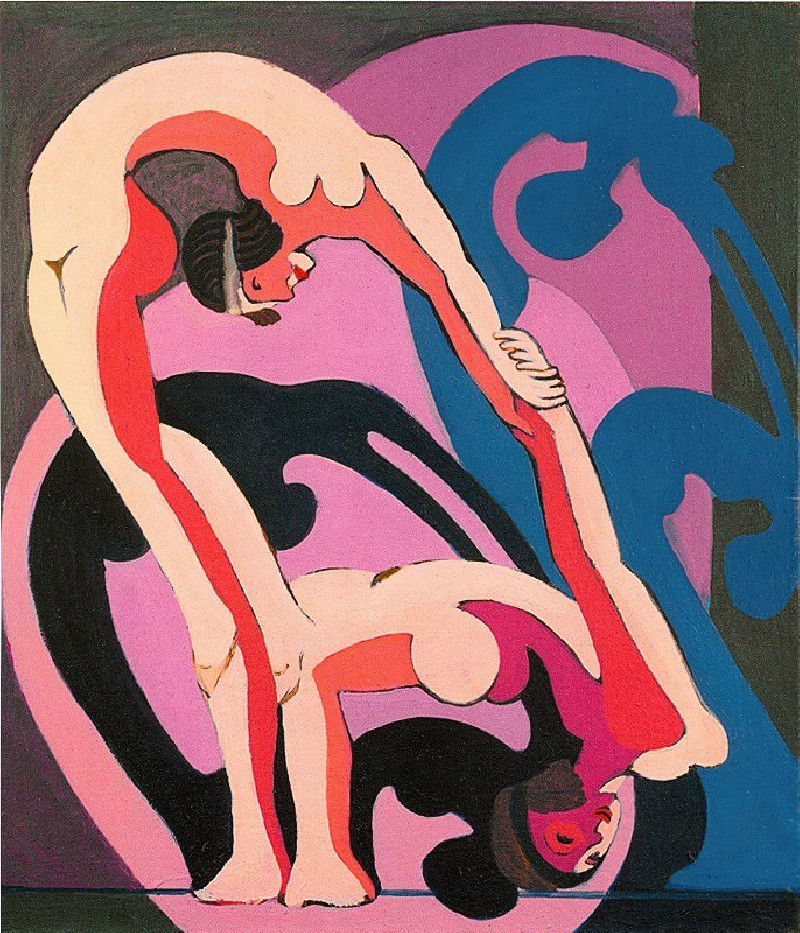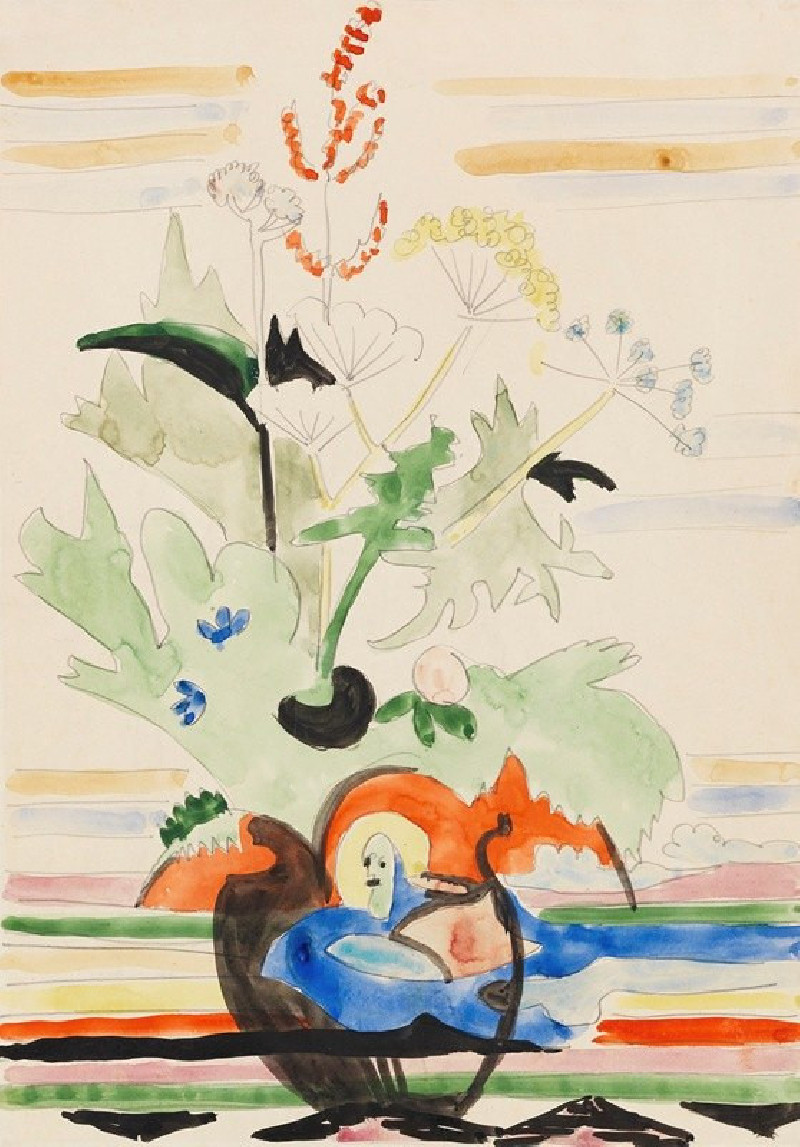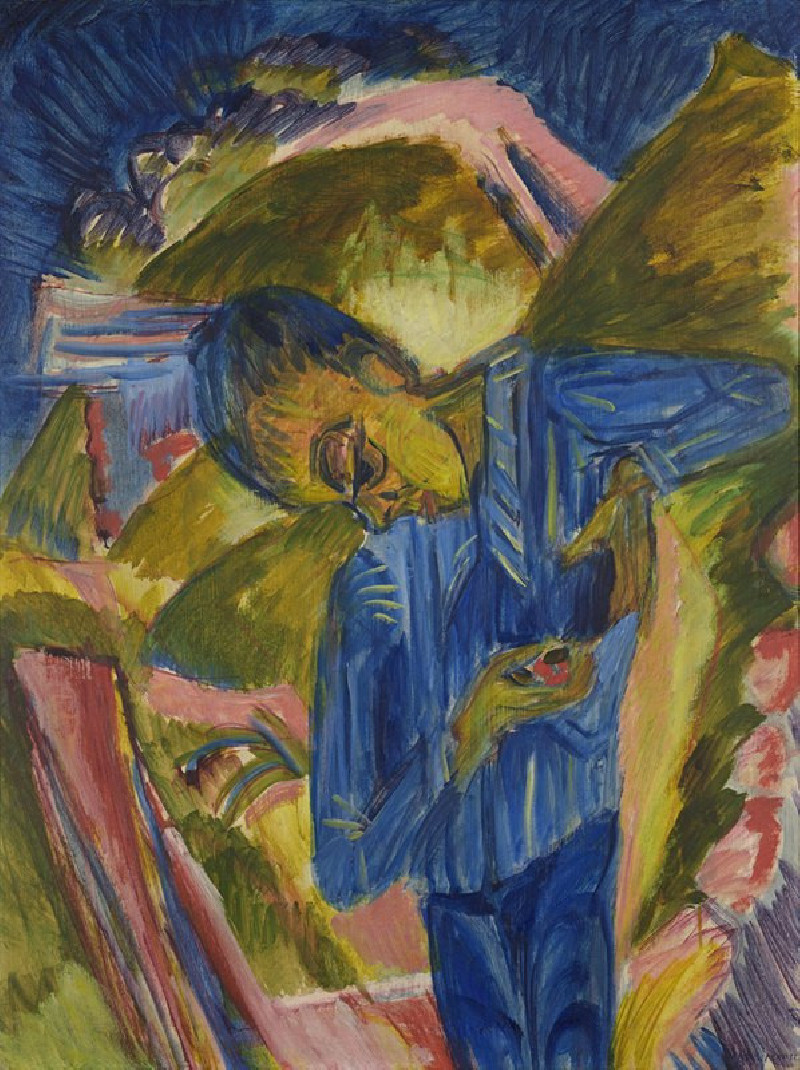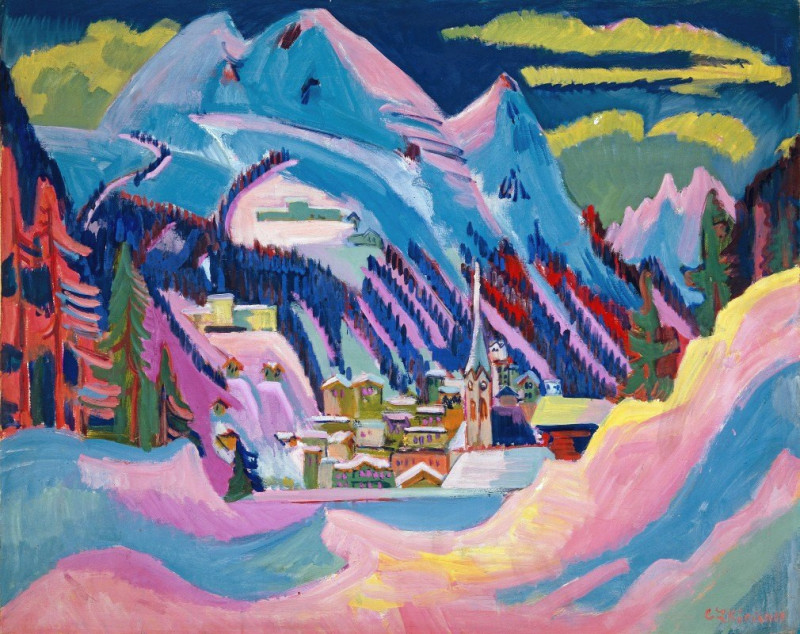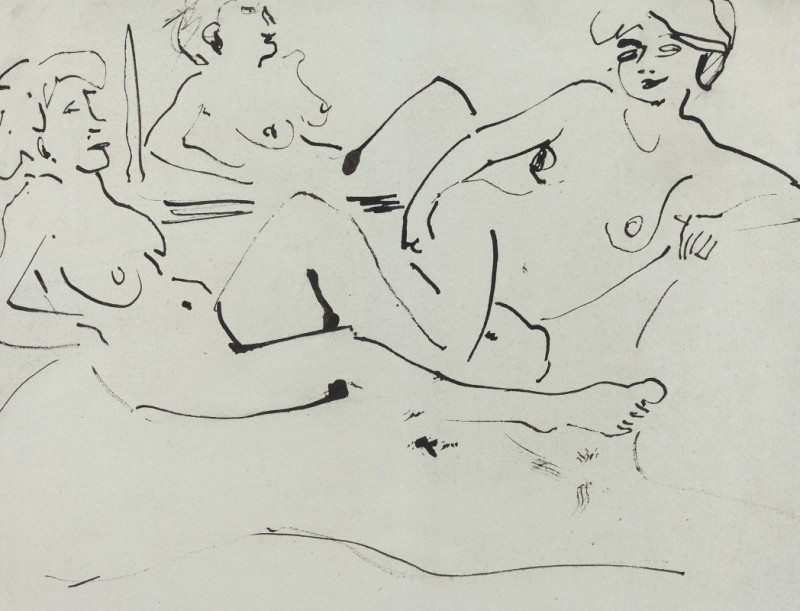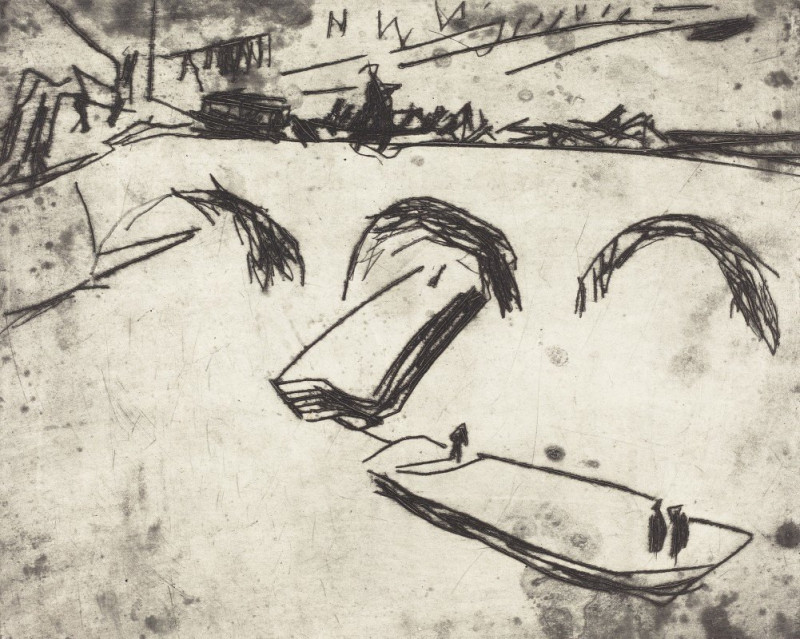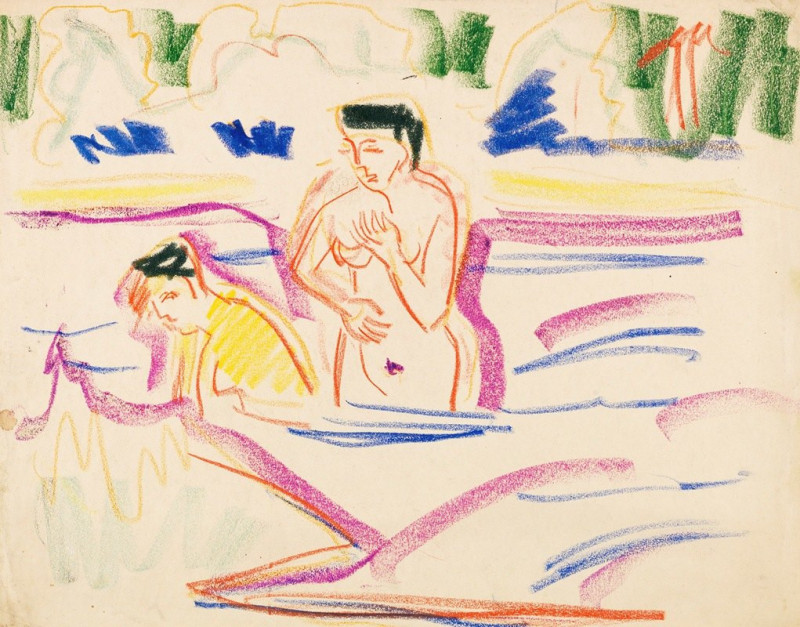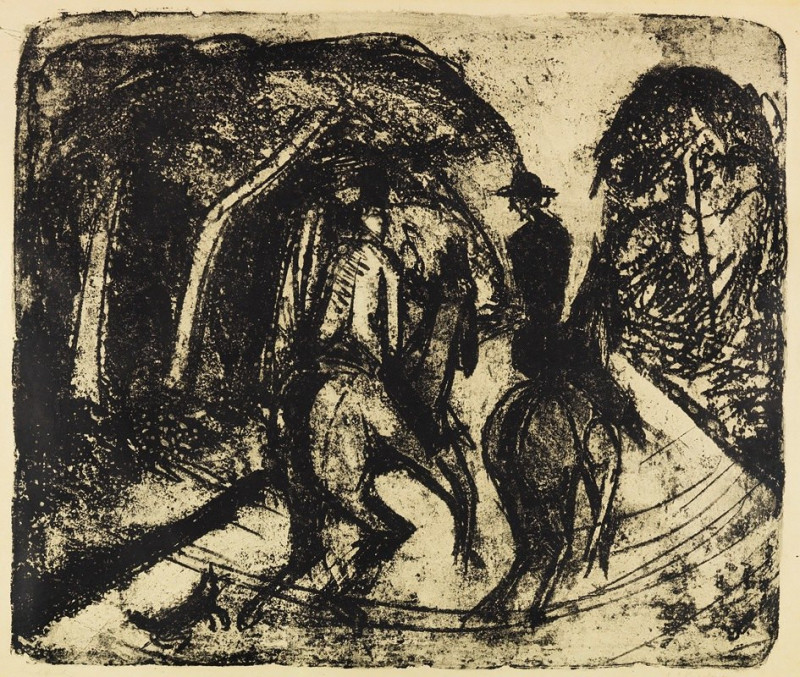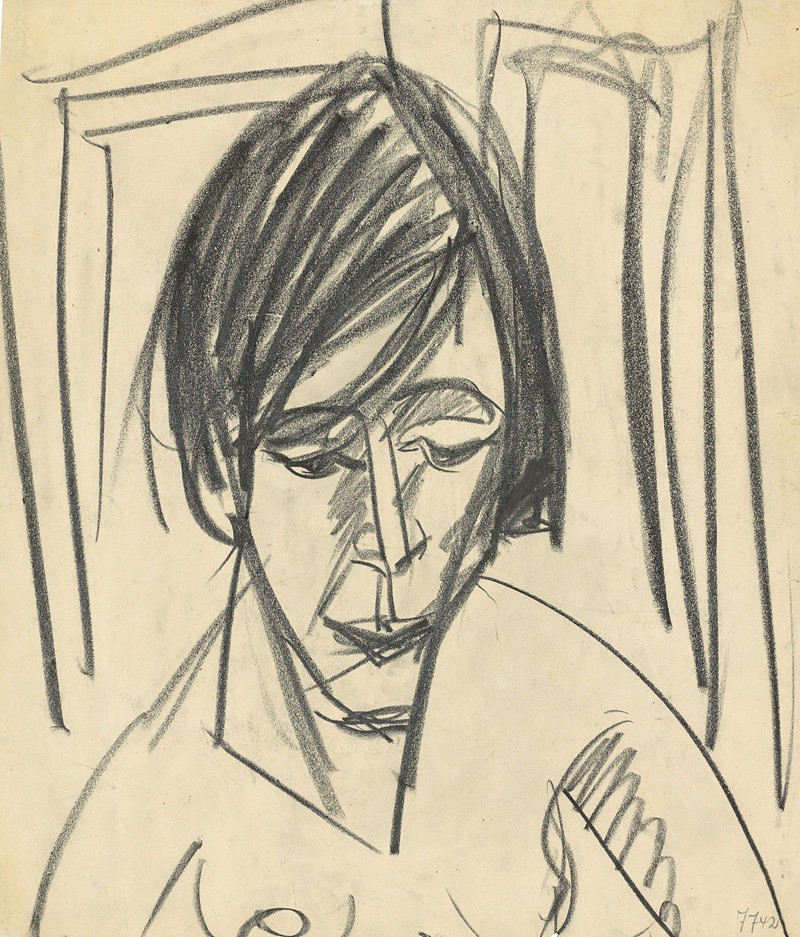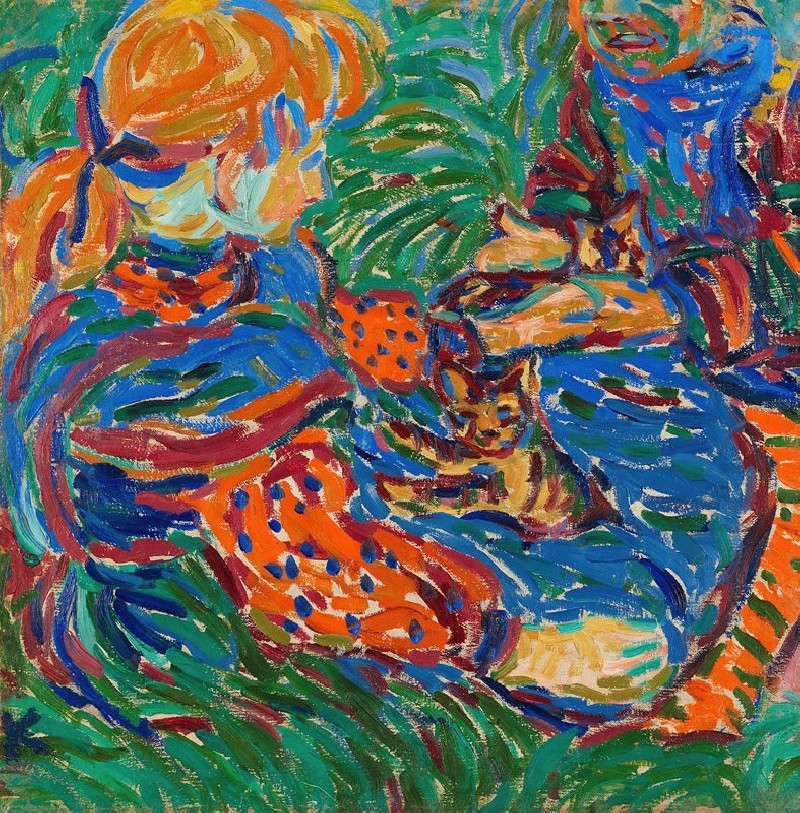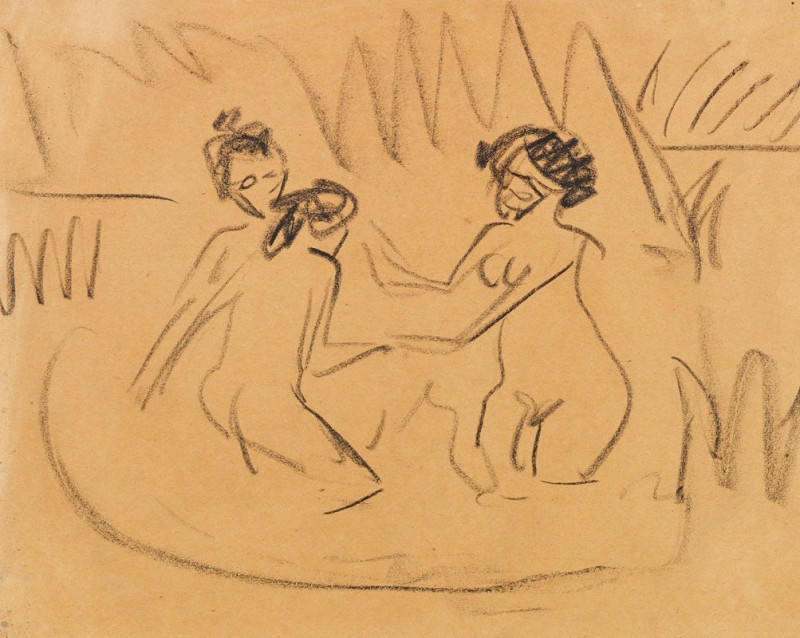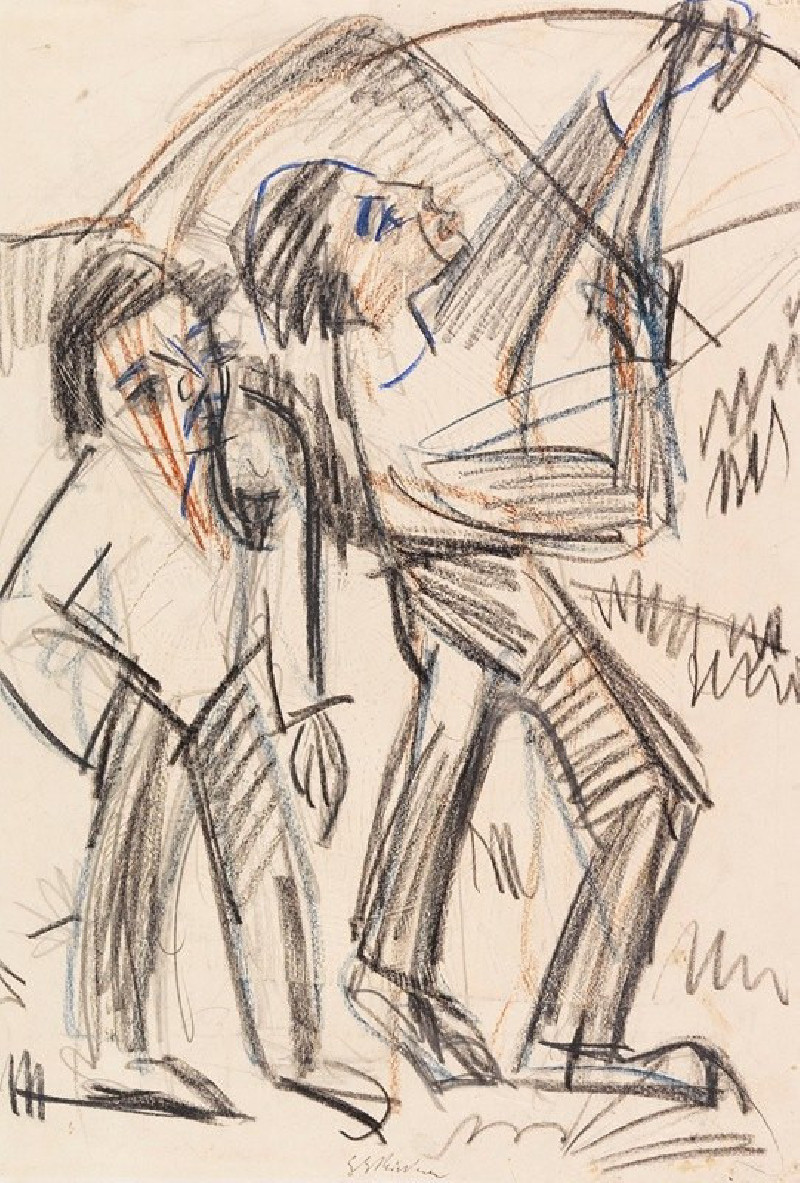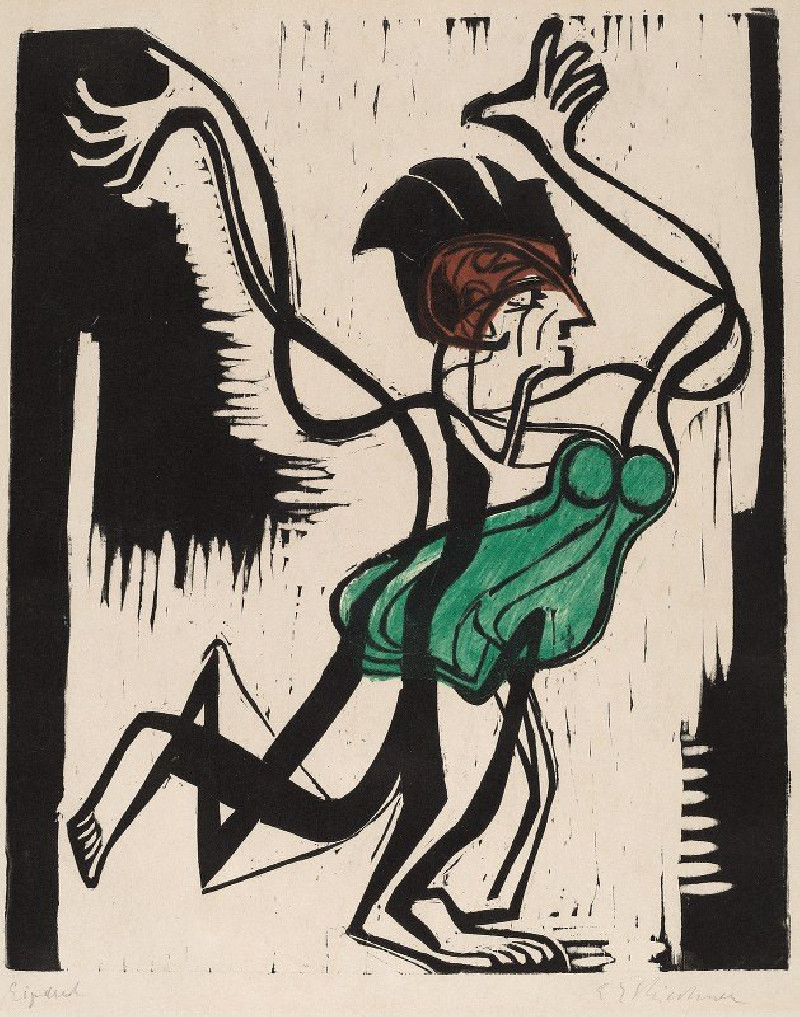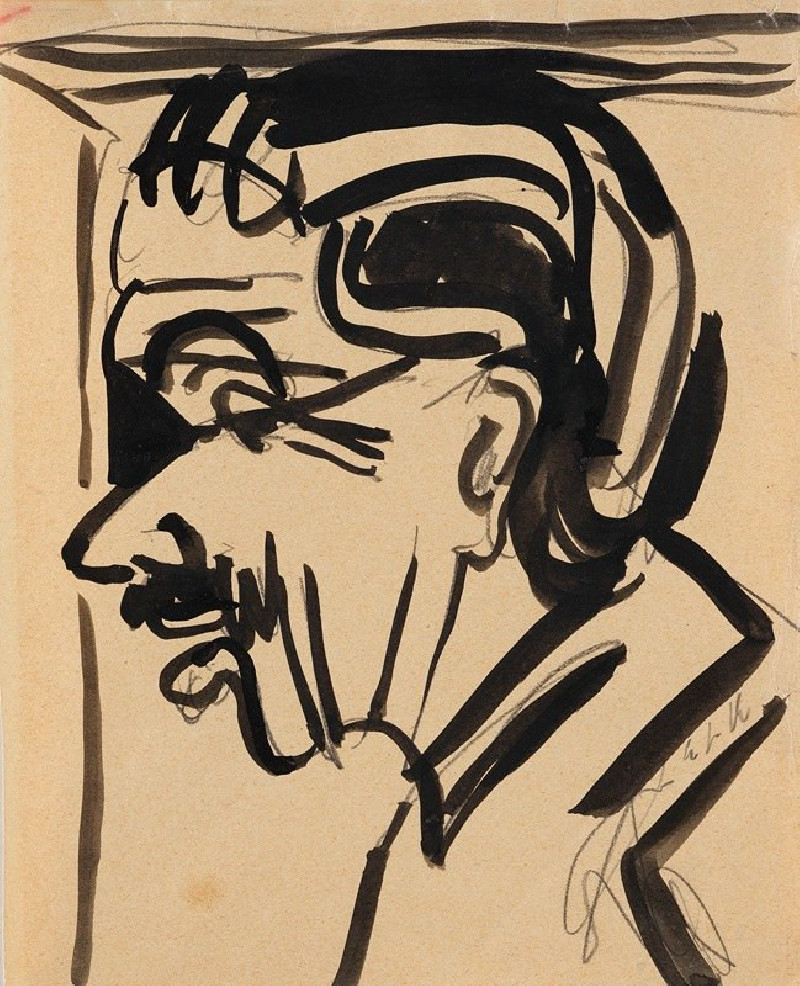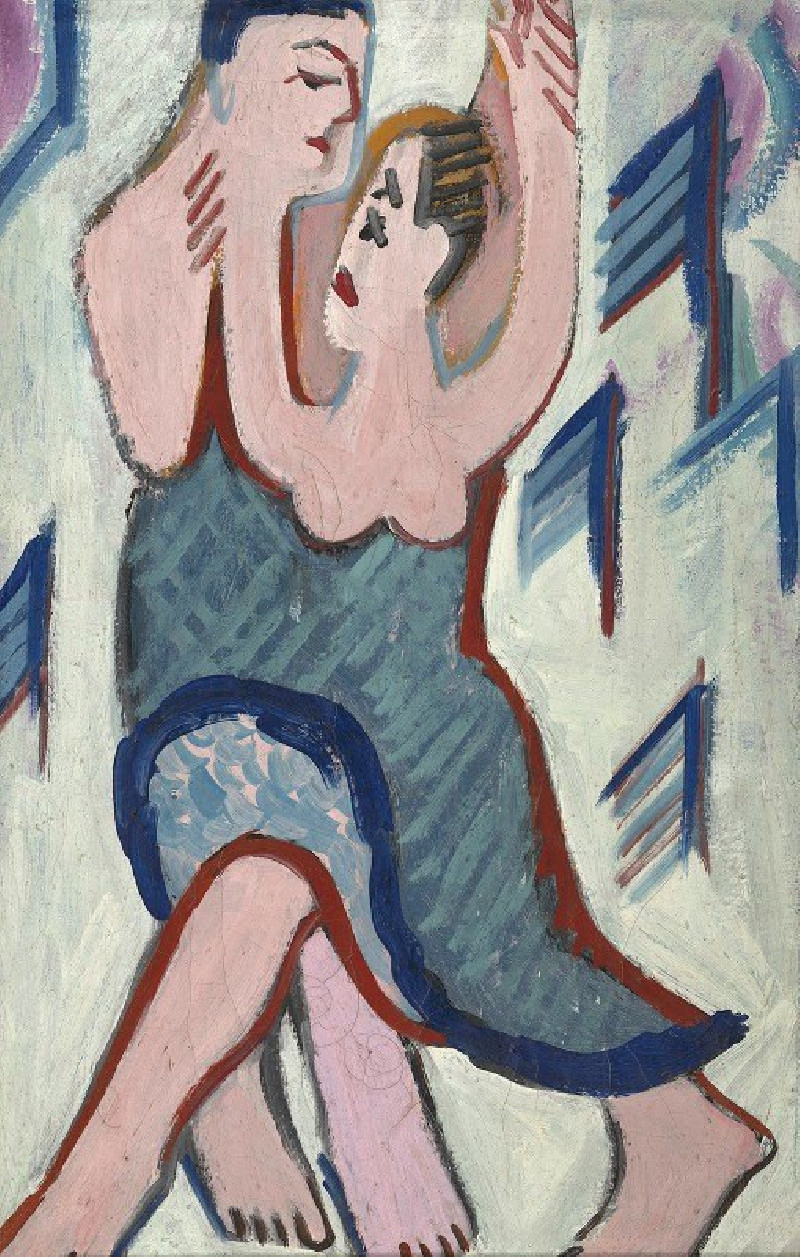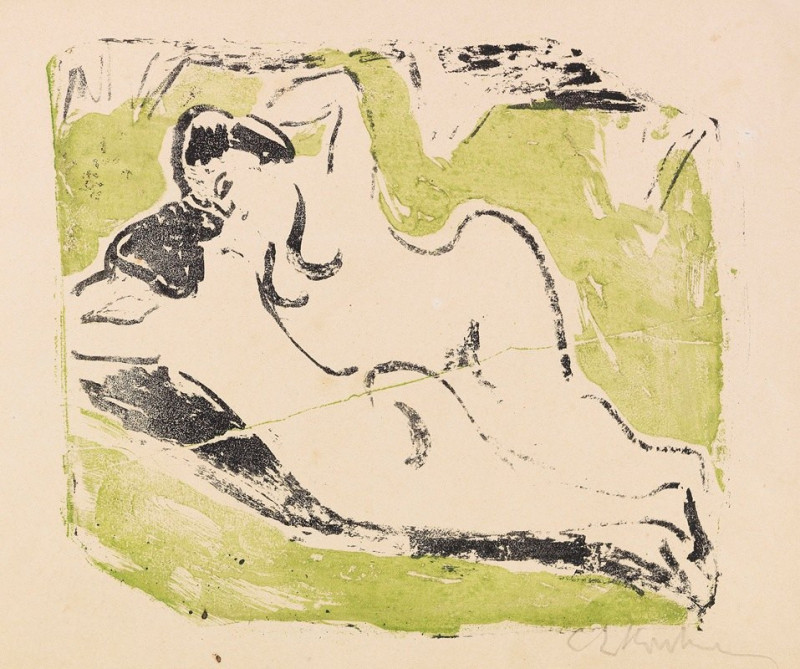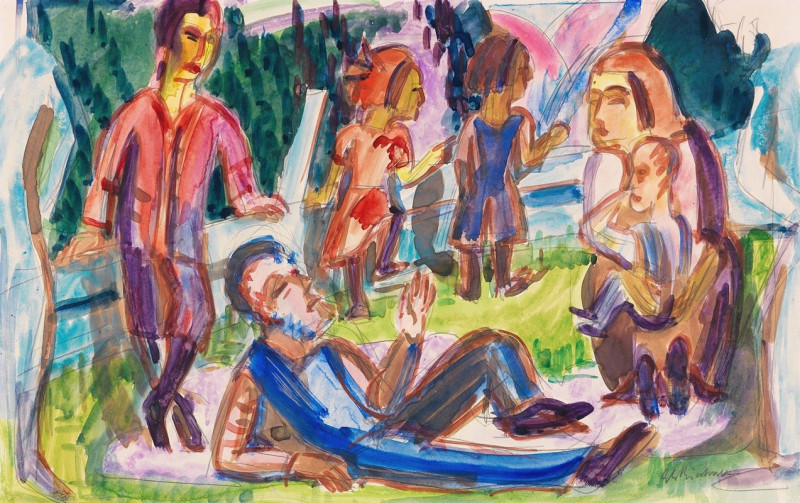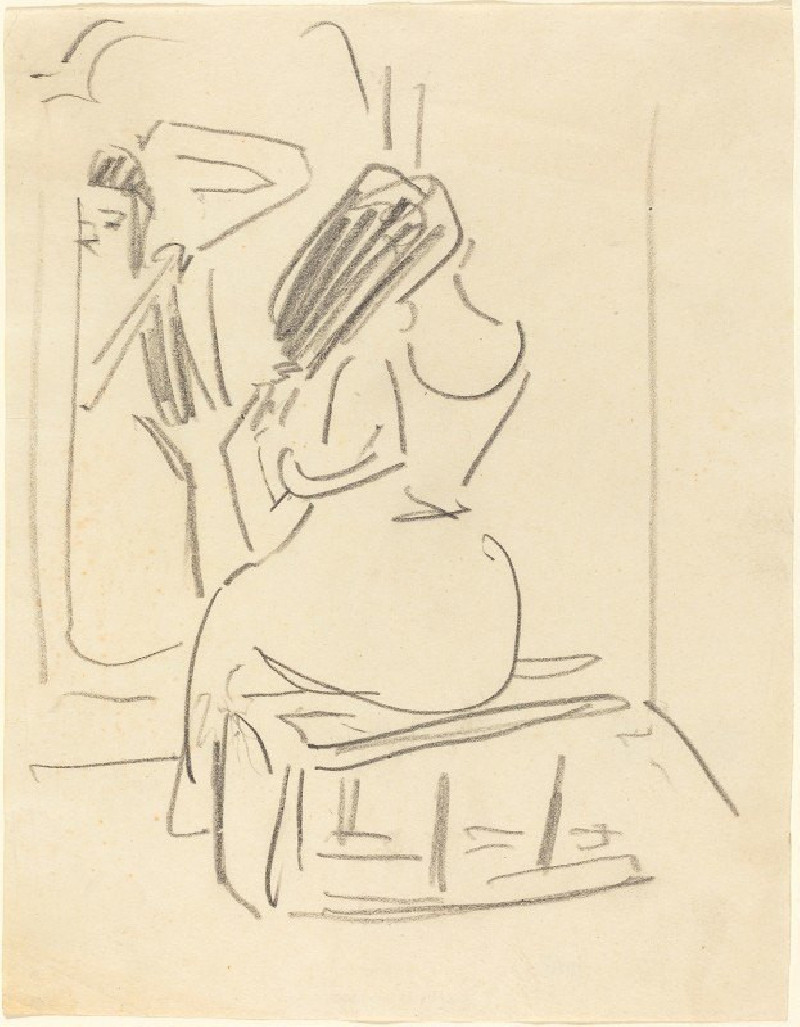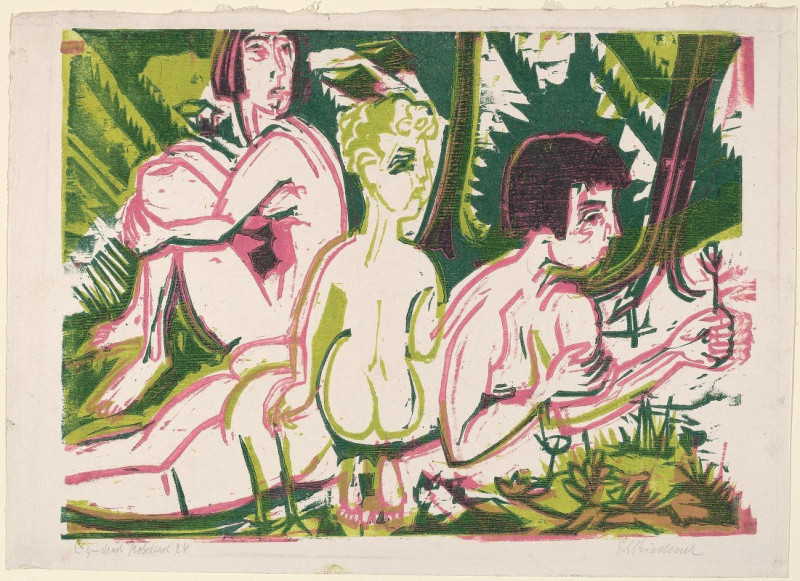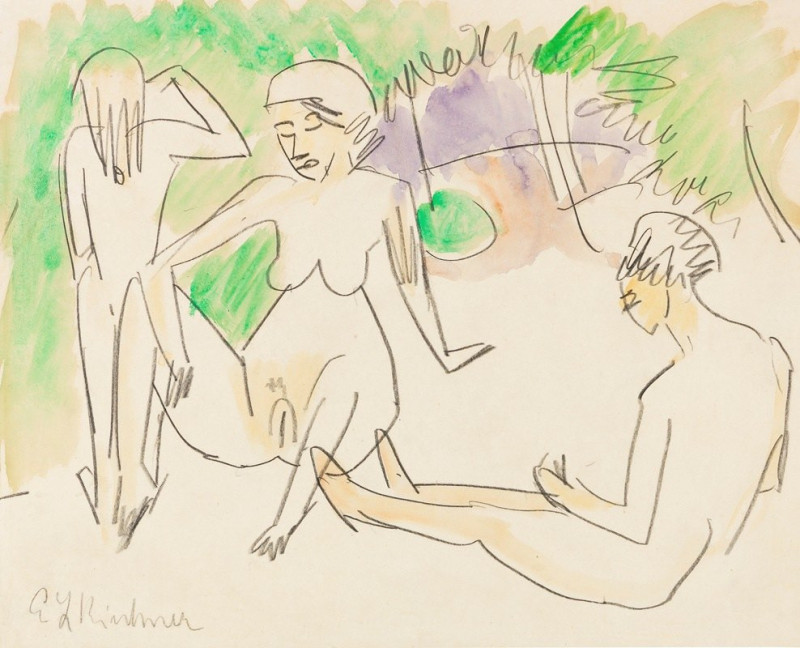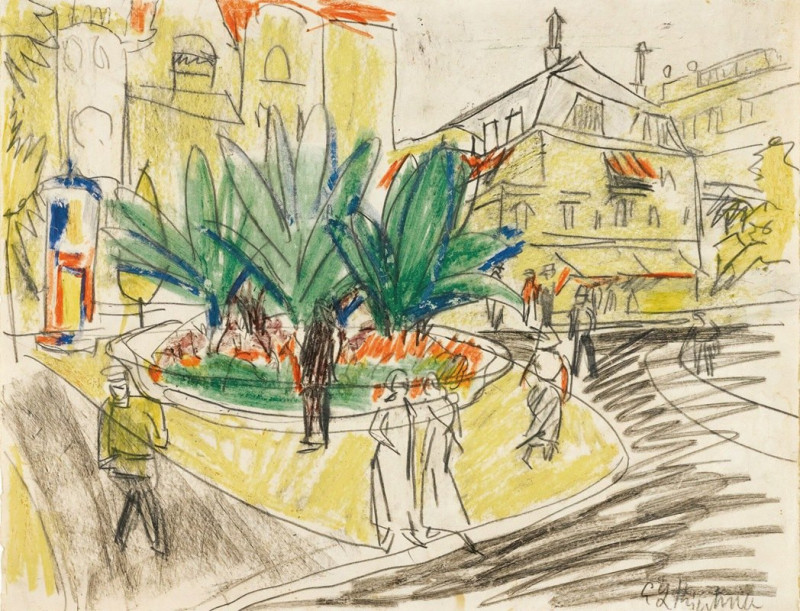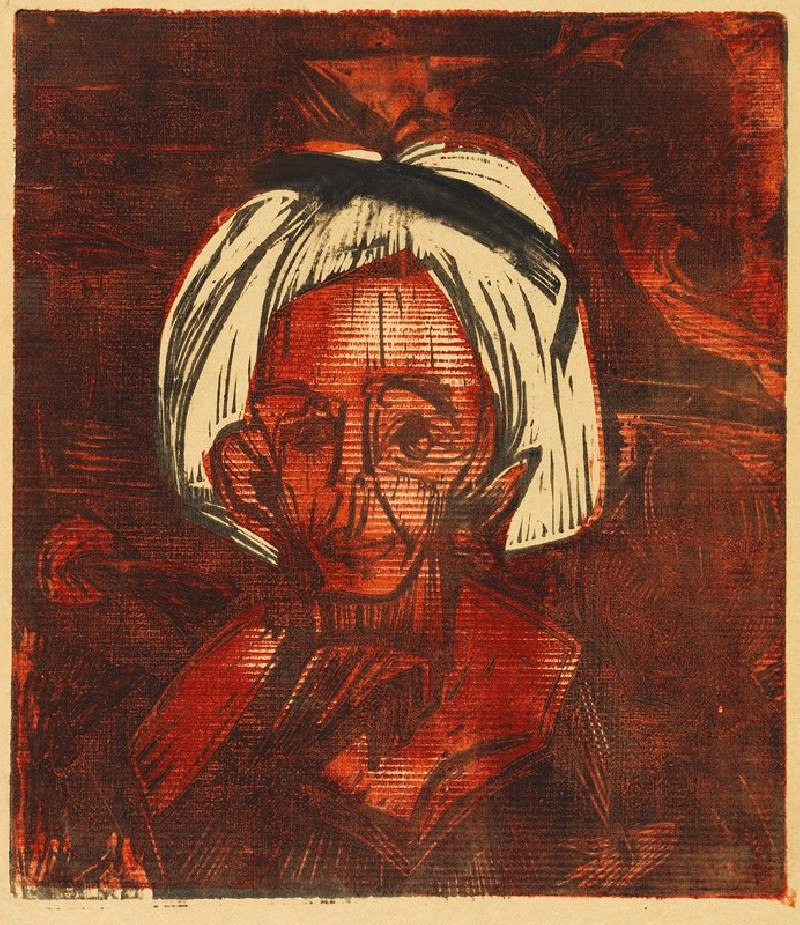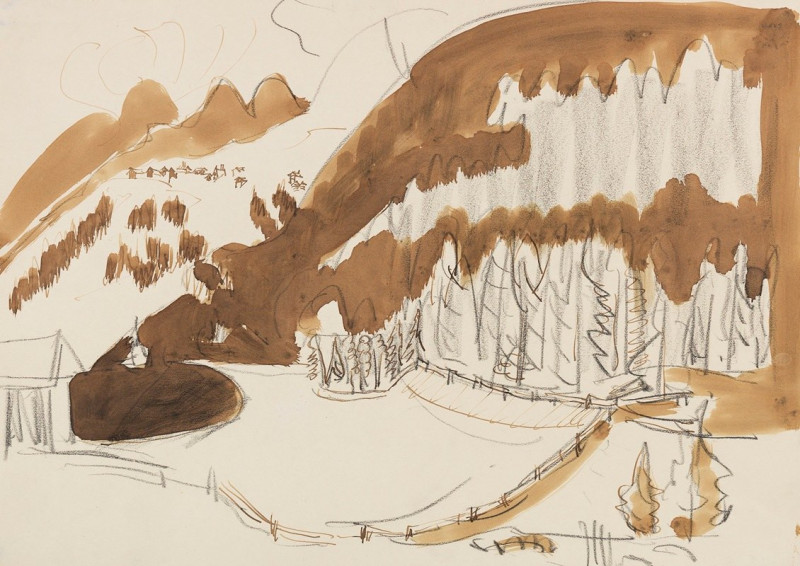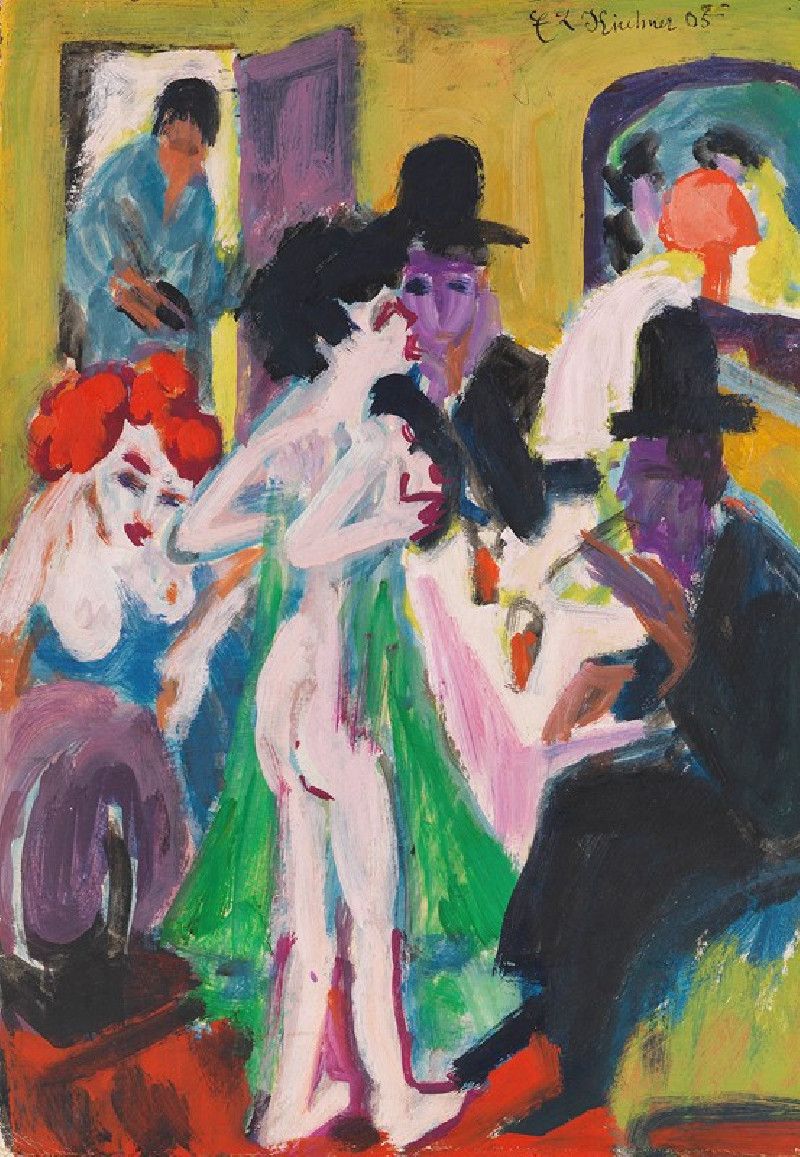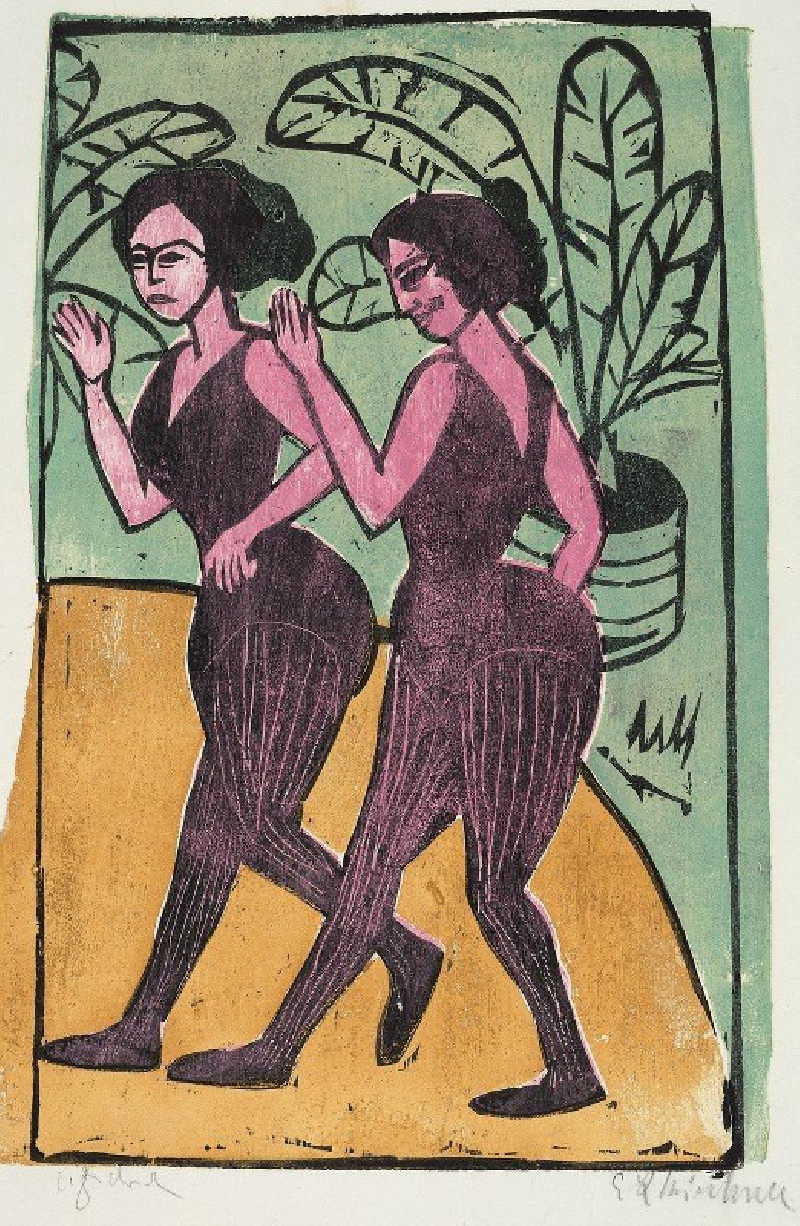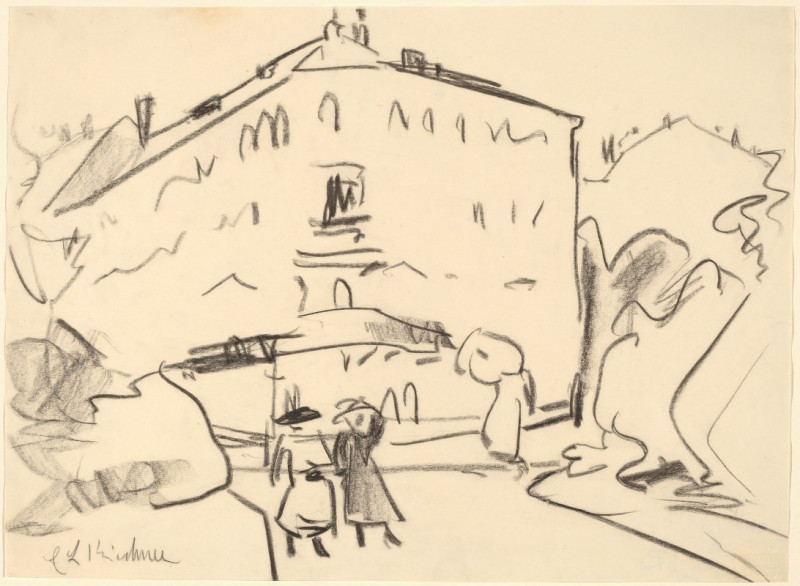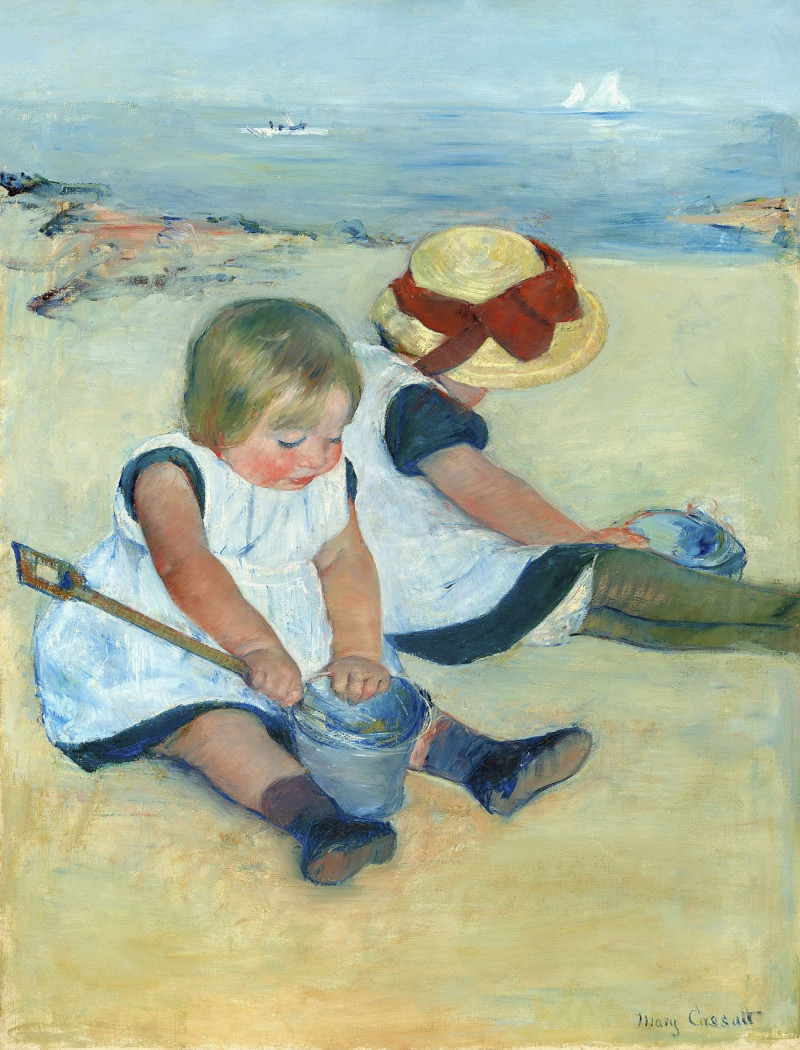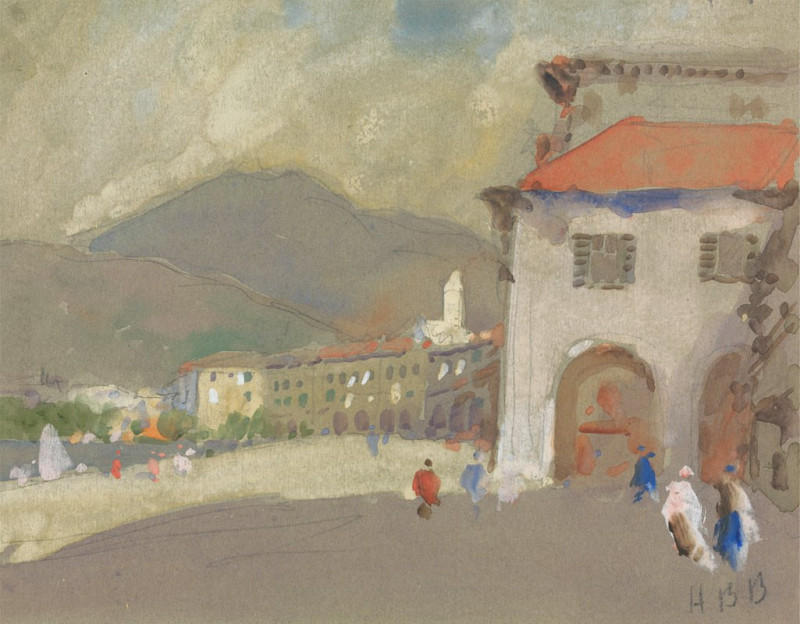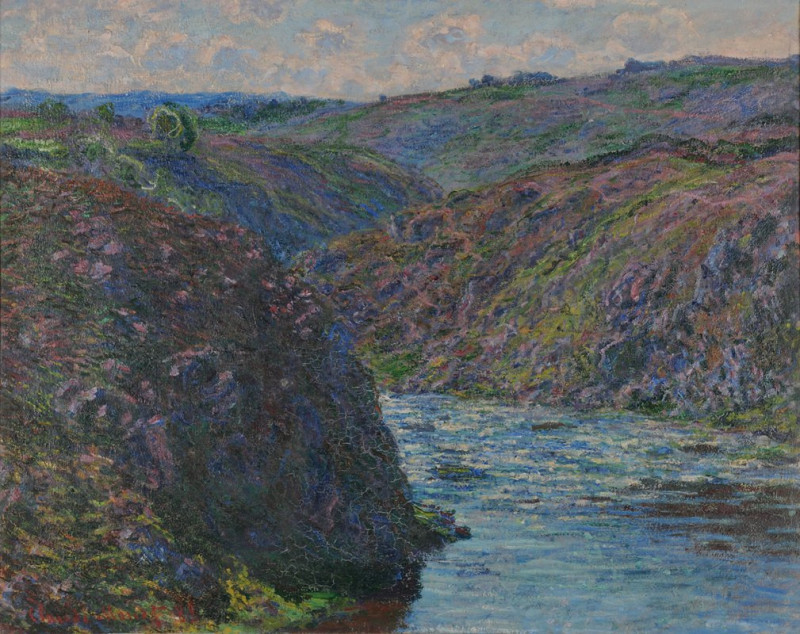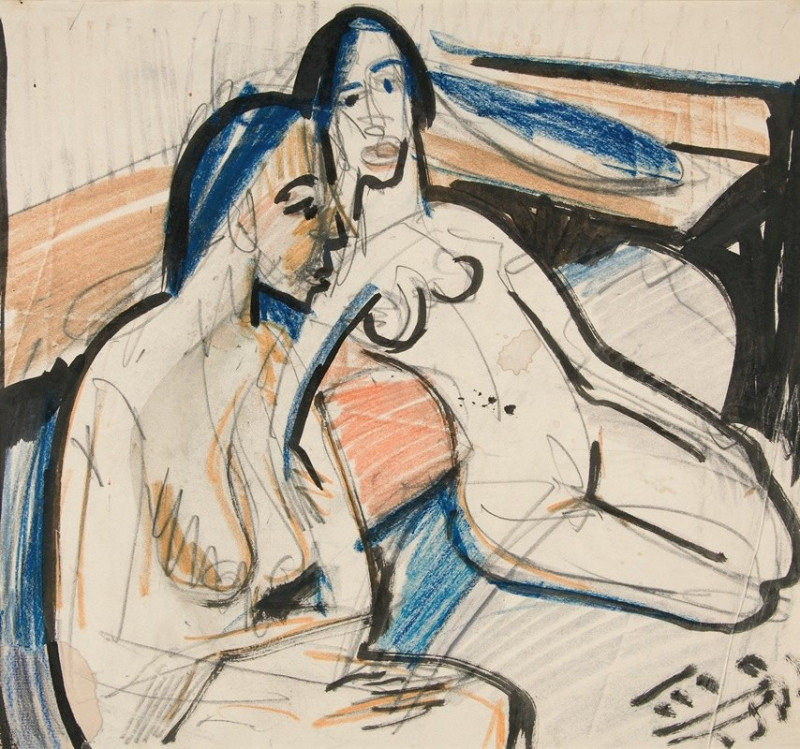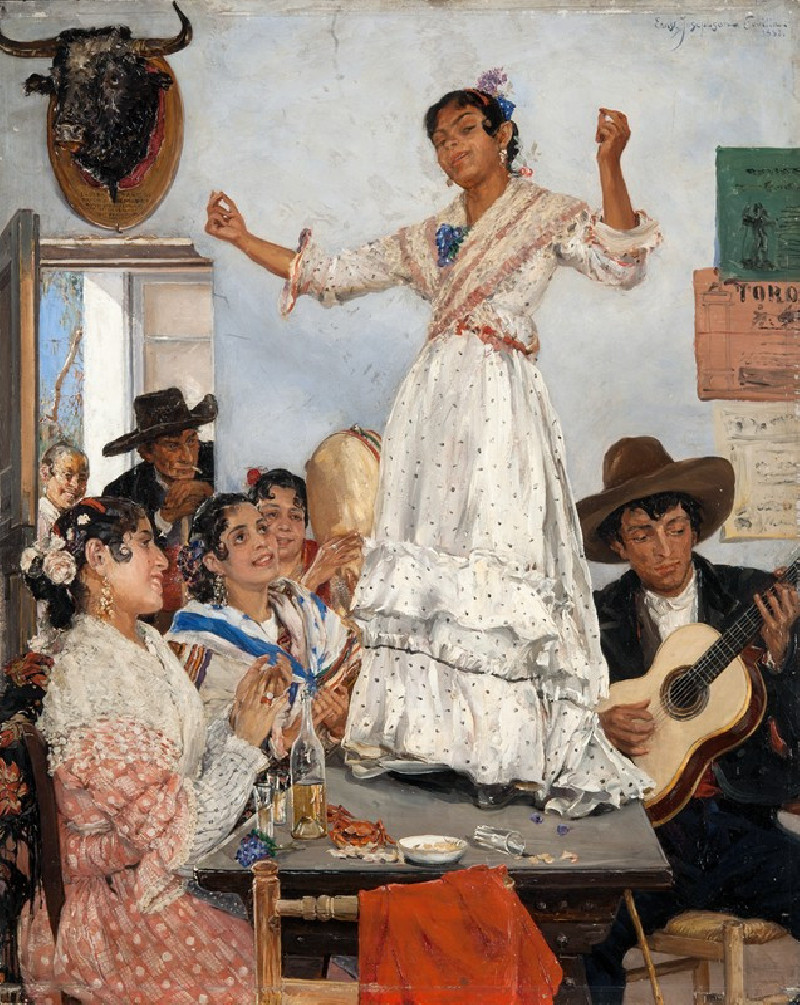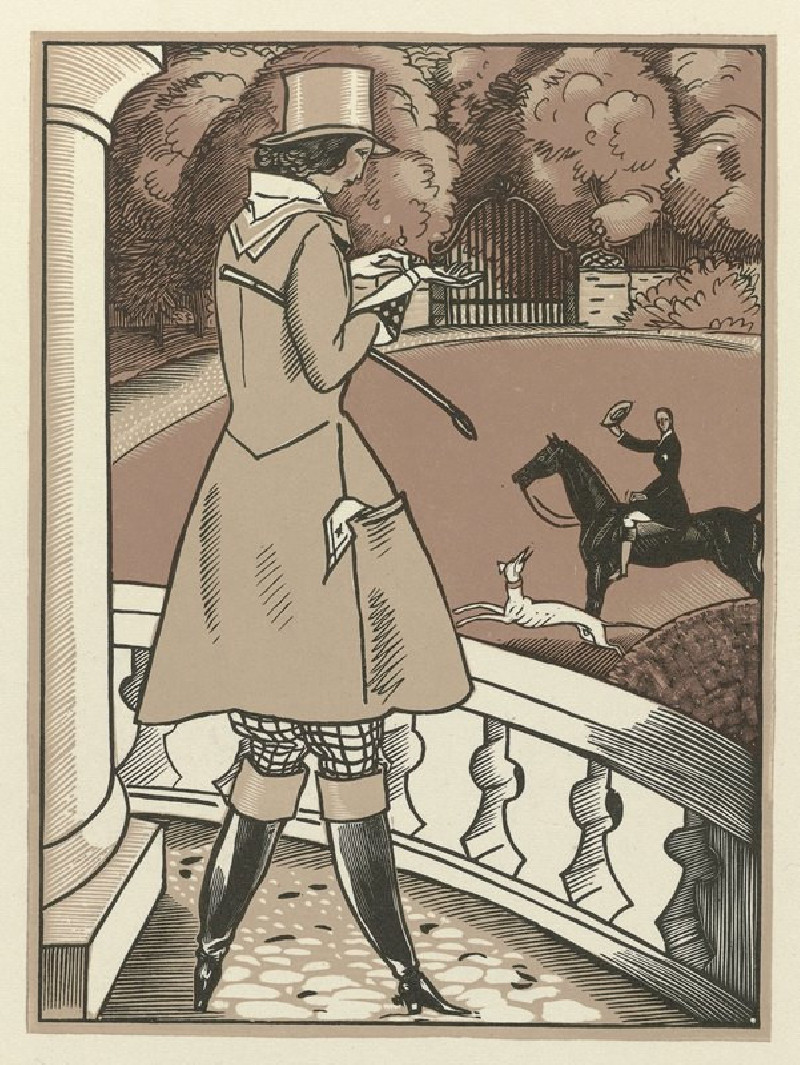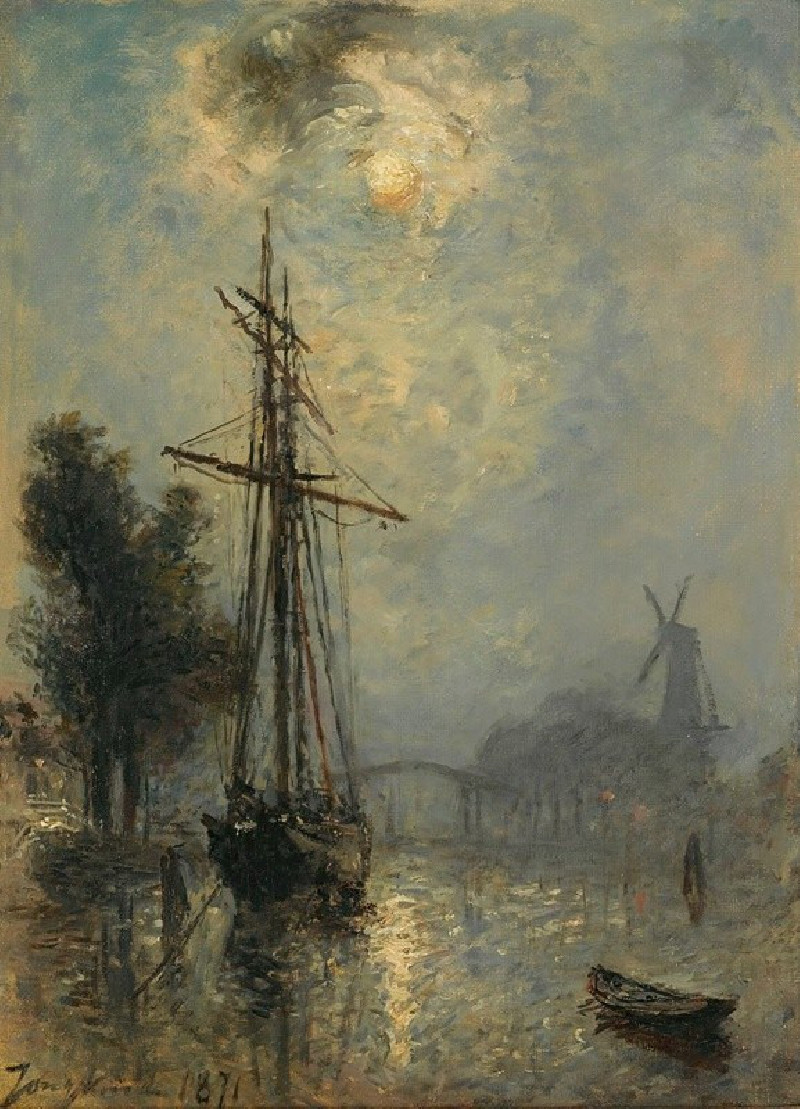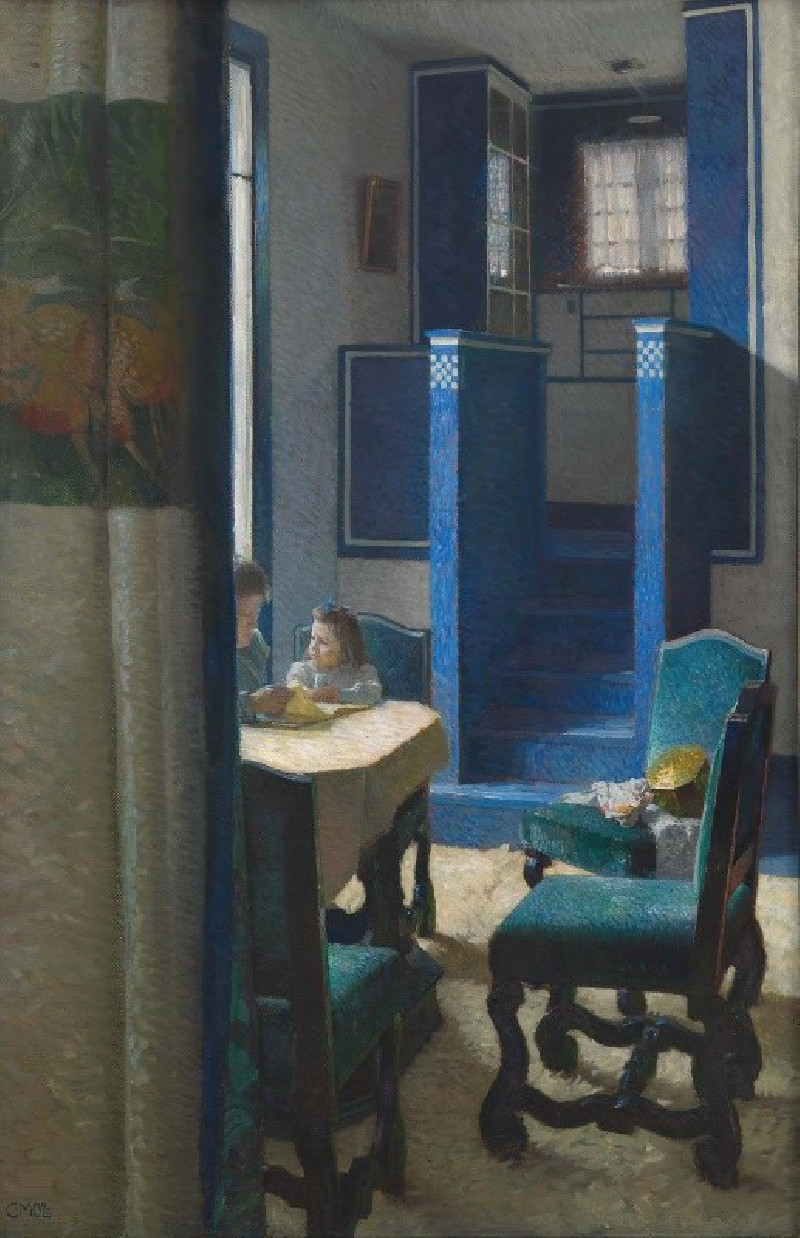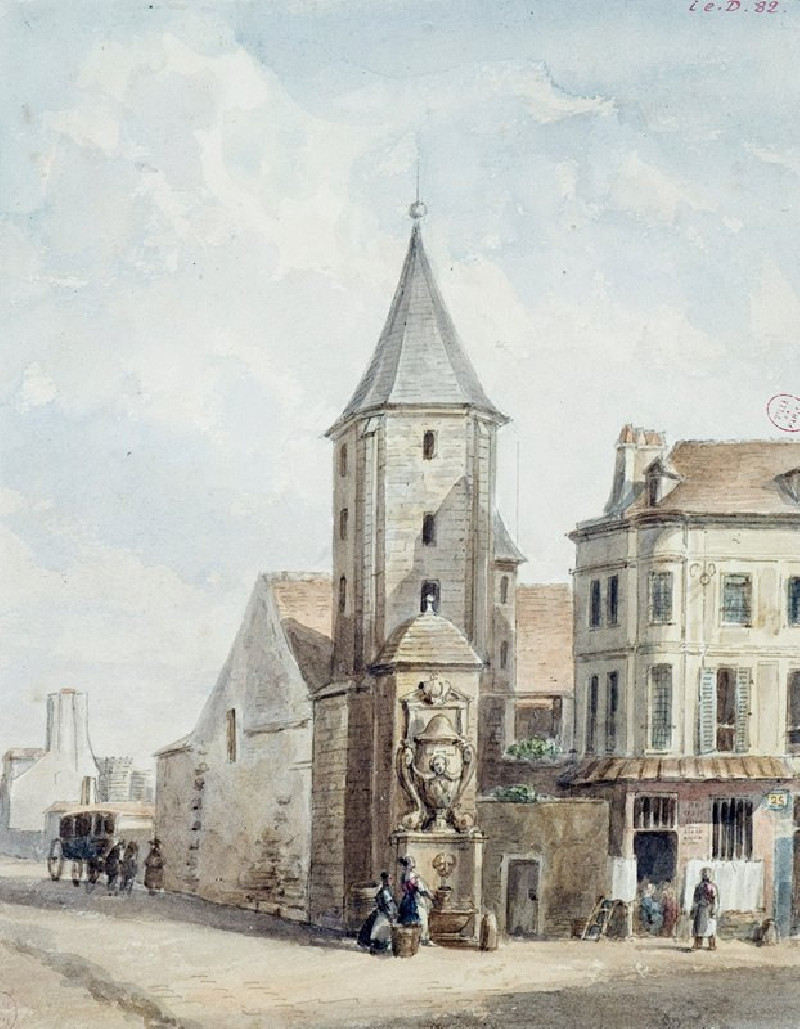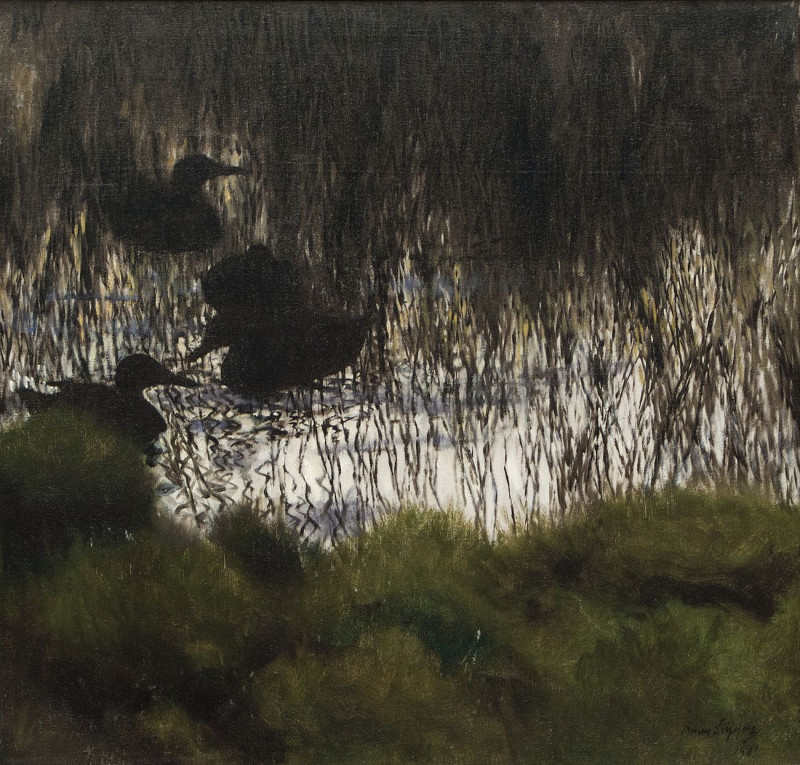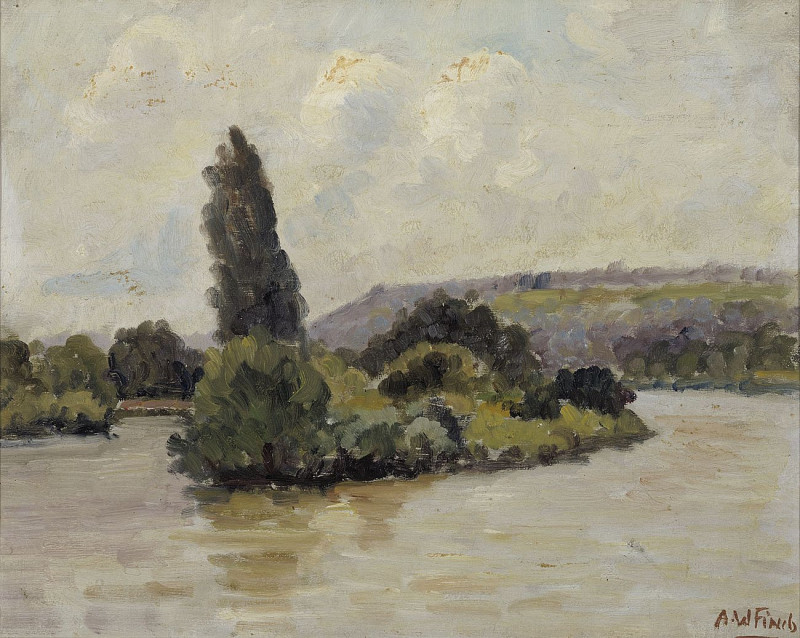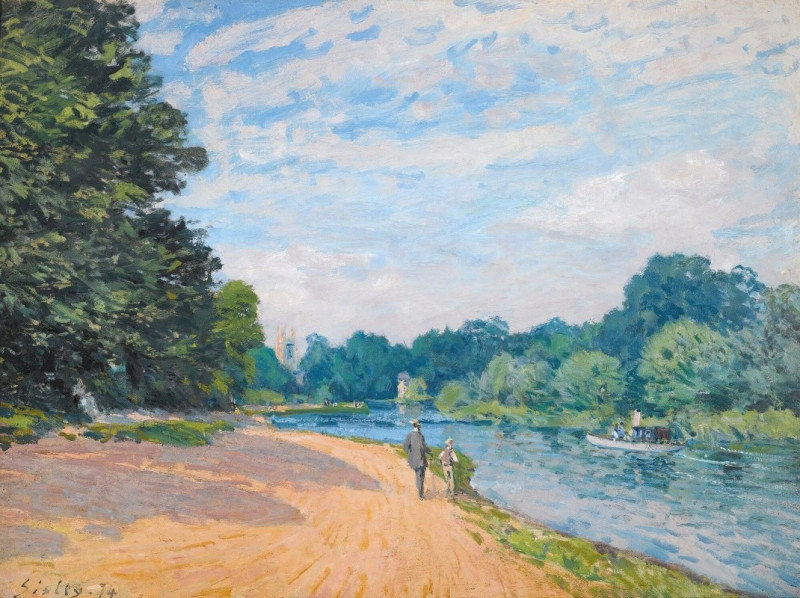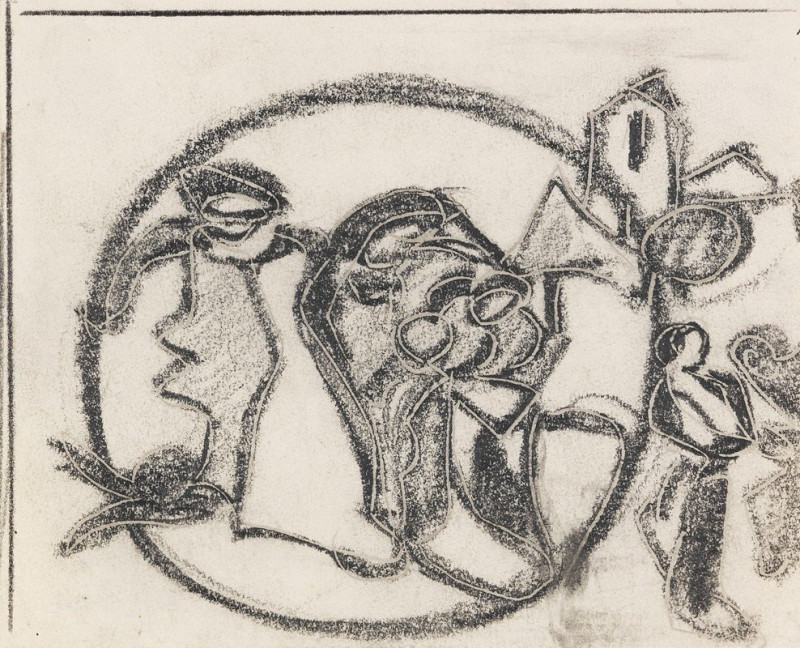Porträt (1938)
Technique: Giclée quality print
Recommended by our customers
More about this artwork
Ernst Ludwig Kirchner, a pivotal figure in German Expressionism, is known for his vivid colors and intense emotional expressions in his artworks. The piece titled "Porträt" from 1938, however, diverges into a more subdued, introspective exploration of the human form through minimalist sketching.The artwork displays a partial, abstract portrait of a figure captured predominantly in profile. With swift, confident pencil strokes, Kirchner outlines the pronounced features of the subject, including the curved forehead, deep-set eye, and the sharp contours of the nose and lips. The artist leaves much to the imagination, with large portions of the face simply suggested rather than fully defined, allowing the viewer’s eye to complete the image.Despite its simplicity, the sketch conveys a deep sense of contemplation and perhaps melancholy, mirrored in the downward gaze of the subject. The use of negative space and sparse detail invites an introspective response from the viewer, making this piece a striking example of how less can indeed be more in the hands of a master like Kirchner.This work, though seemingly removed from the intense color palettes typically associated with Kirchner, showcases his versatility and his ability to evoke strong emotional resonance through minimalistic means.
Delivery
Returns
Ernst Ludwig Kirchner (1880–1938) was one of the most important German Expressionist painters. He was a co-founder of Die Brücke, a group of German expressionist artists formed in Dresden in 1905. Die Brücke and Kirchner took inspiration from Vincent Van Gogh and Edvard Munch, as well as African and Oceanic art. They used woodblock printing as a medium to showcase their signature style: flat, unrealistic images with vivid colors. The recurring themes in Kirchner's artworks included exotic cultures, faraway landscapes, self-portraits, dancers and Berlin street life. His paintings and prints effectively portrayed non-European cultures despite the fact that he never traveled outside of Europe.

